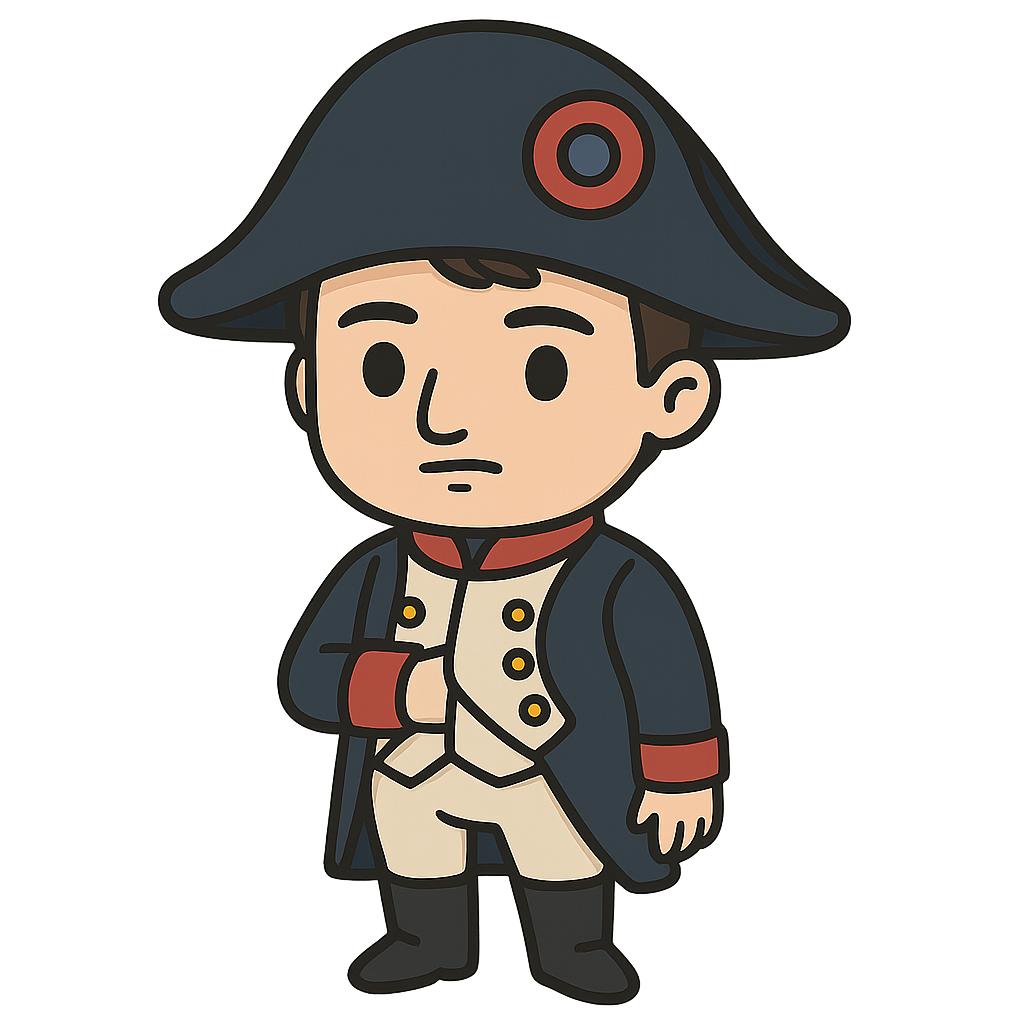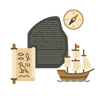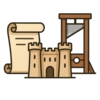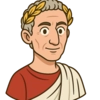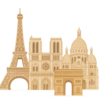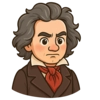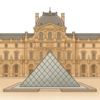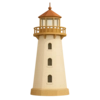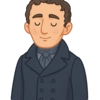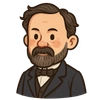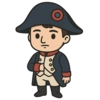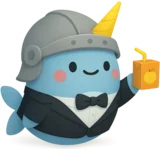Napoleon Bonaparte
Bonjour! My name is Napoleon Bonaparte, and I want to tell you the story of my life, a life filled with grand adventures, enormous battles, and even bigger dreams. You may know me as a famous general or an emperor, but my story began on a small, sunny island in the Mediterranean Sea called Corsica. I was born there on August 15, 1769, into a family that was noble but not very wealthy. From a young age, I was different from the other boys. While they played simple games, I was completely fascinated by history, mathematics, and the lives of great leaders from the past, like Alexander the Great and Julius Caesar. I would spend countless hours in my room arranging my collection of toy soldiers, imagining I was a general leading them into glorious battle. I created complex strategies and planned entire campaigns on the floor of my bedroom. My family saw this passion in me, and though it was a great expense, they believed in me enough to send me to a military school in mainland France when I was just a boy. Leaving home was difficult. I was an outsider with a thick Corsican accent, and the other students often made fun of me. But their teasing only fueled my determination. It made me work harder and study longer, determined to prove that I was just as good, if not better, than any of them. That lonely time taught me to rely on my own mind and my own will to succeed.
When I was a young man, France was in the middle of a tremendous upheaval called the French Revolution. The king was overthrown, and everything was changing. For an ambitious young soldier like me, this chaos was also a time of great opportunity. I was a firm believer in the Revolution's ideas of liberty and equality. My first real chance to prove my military genius came at the Siege of Toulon in 1793. The city was held by royalists and their British allies, and the French revolutionary army was struggling to take it back. I was just an artillery captain, but I studied the maps intensely. I saw a weakness no one else had noticed and devised a clever plan to capture the high ground overlooking the harbor. From there, our cannons could bombard the enemy ships, forcing them to flee. My plan worked perfectly! The victory was a huge success, and suddenly, people started to notice me. I was promoted to the rank of brigadier general at only 24 years old. After that, I was given command of the French army in Italy. My soldiers were poorly fed and equipped, but I inspired them with promises of honor, glory, and riches. I led them in a series of daring campaigns, like our famous crossing of the freezing Alps, dragging our cannons over treacherous mountain passes to surprise our Austrian enemies. My soldiers trusted me because I led from the front, shared their hardships, and always had a plan for victory. I even led a great military expedition to Egypt in 1798, where I saw the ancient pyramids and the Sphinx. It was an adventure that sparked the world's imagination, even though the campaign ultimately ended in retreat. My victories made me a hero in France.
After my military successes, I returned to a France that was still politically unstable and chaotic. The government was weak, and the people longed for a strong leader who could bring order and peace. Seeing my chance to restore stability, I took part in a coup d'état in 1799 and became the leader of France, with the title of First Consul. I worked tirelessly to rebuild my country from the ruins of the revolution. I centralized the government, created a national bank to fix the economy, and established new high schools, called lycées, to educate the nation's future leaders. My proudest achievement from this time was a new, clear set of laws for all citizens, which I called the Napoleonic Code. It declared that all men were equal before the law, guaranteed freedom of religion, and protected property rights. This code was revolutionary because it was based on reason and fairness, not old traditions or social status. It is still the basis for the legal systems in many countries around the world today! The people of France were so grateful for the stability and prosperity I brought that they decided to make me their Emperor. On a grand day, December 2, 1804, in the magnificent Notre-Dame Cathedral in Paris, I placed the emperor’s crown on my own head. This was a powerful symbol; it showed that I had earned my power through my own actions and the will of the people, not through birthright like the old kings. I was now Napoleon I, Emperor of the French. My ambition was to create a strong, unified Europe under French leadership, a modern empire based on the principles of the Napoleonic Code. But this grand vision meant that France was almost always at war with the old monarchies of Europe who feared my new ideas.
Being an emperor meant I had many powerful enemies. The other kings and emperors of Europe, in countries like Britain, Austria, Prussia, and Russia, were afraid of the changes I was making and the power I held. They formed coalition after coalition to try and defeat me. For many years, my Grand Army seemed invincible. We won a series of stunning victories, such as the famous Battle of Austerlitz in 1805, which is often called my masterpiece. My empire grew to cover most of Western and Central Europe. However, my constant desire to expand my empire led me to make my greatest mistake. In 1812, I decided to invade the vast and unforgiving country of Russia. I gathered the largest European army ever seen, with over 600,000 soldiers from France and its allies. But the campaign was a disaster. The Russian army retreated deeper and deeper into their country, burning everything behind them and refusing to surrender. Then, the brutal Russian winter set in. My army was unprepared for the freezing temperatures and starvation. We were forced into a long, terrible retreat, and I lost most of my brave soldiers to the cold, hunger, and enemy attacks. This catastrophic defeat weakened my empire greatly. My enemies saw their chance and united against me. In 1814, they invaded France, captured Paris, and forced me to give up my throne. I was then sent into exile on the small Mediterranean island of Elba.
But I am not a man who gives up easily. After less than a year in exile, I grew tired of my small island kingdom. In a daring move, I escaped from Elba in March 1815 and sailed back to France. The soldiers who were sent to arrest me instead knelt and welcomed me back with cheers of 'Vive L'Empereur!' (Long live the Emperor!). For a period known as the Hundred Days, I was emperor of France once more. But my enemies in Europe quickly gathered their armies for one last fight. At the Battle of Waterloo on June 18, 1815, my army was finally and completely defeated. This time, there would be no second chances. I was sent into exile on the lonely, windswept island of Saint Helena, a remote British outpost in the middle of the vast Atlantic Ocean. I spent my last six years there, writing my memories and reflecting on my incredible life. My life came to an end on May 5, 1821. Though my empire was gone, my story did not end there. The laws I created and the ideas of equality and merit I spread throughout Europe changed the world forever. My life is proof that a person from a humble beginning can rise to change the course of history through ambition, hard work, and a little bit of destiny.
Activities
Take a Quiz
Test what you learned with a fun quiz!
Get creative with colors!
Print a coloring book page of this topic.

